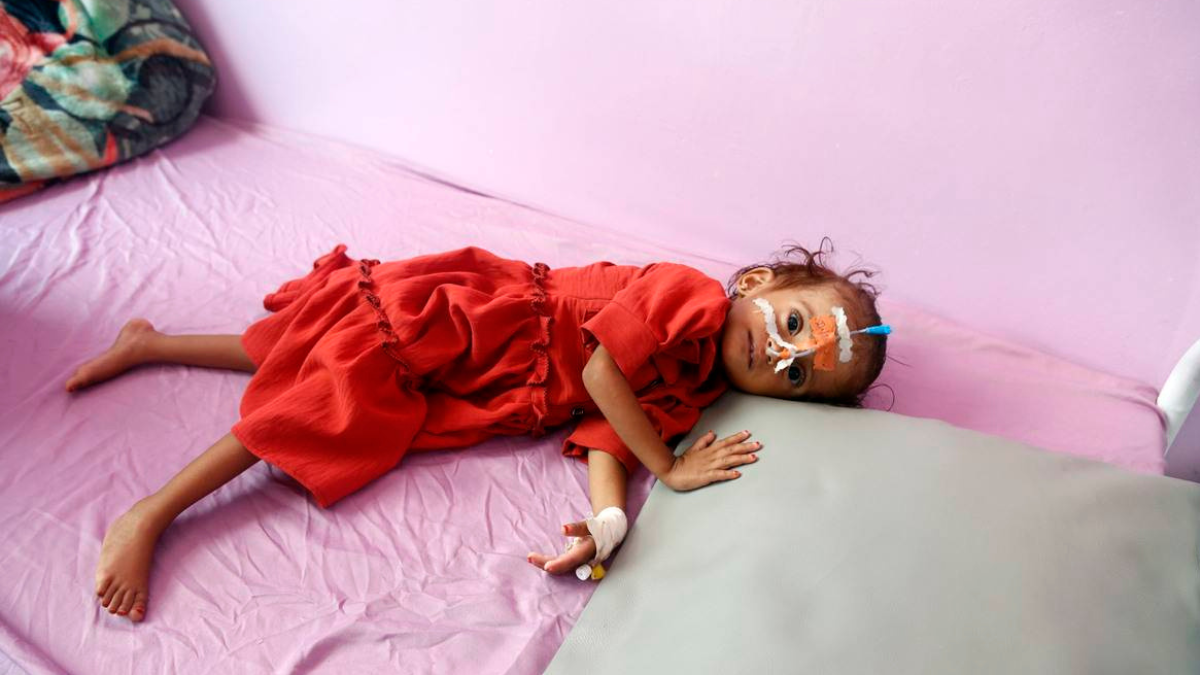Measles has claimed the lives of at least 413 children in war-torn Yemen over a span of seven months, according to the World Health Organization (WHO).
The outbreak of measles, a highly contagious viral disease, has surged amidst dire conditions in Yemen, including economic decline, low incomes, displacement, and overcrowded living conditions in camps.
These factors, coupled with an overwhelmed healthcare system and low immunization rates, have contributed to the crisis.
As of July, Yemen reported over 34,000 suspected cases of measles and rubella, leading to 413 deaths. This represents a significant increase compared to the 27,000 cases and 220 associated deaths reported in the entire year of 2022.
The situation is exacerbated by limited funding for vaccination programs, which has forced health officials to restrict the target age group for vaccination campaigns due to insufficient resources.
Ideally, the outbreak response vaccination campaign should encompass all children under the age of 10 to be comprehensive and effective.
However, the current funding shortfall has limited the campaign’s scope to children under five years of age, who are at higher risk of mortality due to these diseases.
Measles and rubella are both highly contagious viral illnesses that pose significant risks to children’s health.
These diseases can lead to painful symptoms, including skin rashes, sore eyes, fever, muscle stiffness, and severe coughing.
While there are no specific treatments for measles and rubella, they can be effectively prevented through safe and affordable vaccines.
Yemen has been grappling with chaos and violence since September 2014 when Houthi rebels, aligned with Iran, captured a substantial portion of the country, including the capital, Sanaa.
A military coalition led by Saudi Arabia intervened in early 2015 with the goal of restoring the government to power.
Nearly nine years of conflict have created one of the world’s most severe humanitarian crises, with millions of Yemenis facing the threat of starvation.
The increase in measles and rubella cases is unfolding against a backdrop of economic collapse, widespread poverty, mass displacement, and overcrowded living conditions in camps. Additionally, the healthcare system in Yemen has been stretched to its limits.
Many children remain unvaccinated, with an estimated 27% of children under one year of age having not received measles and rubella vaccines or not having completed the required doses for full protection.
In response to the crisis, the WHO is collaborating with the Yemeni Ministry of Public Health and Population and partner organizations to bolster support for routine vaccination efforts.
The agency has provided measles and rubella vaccines to around 65% of all children in Yemen up to the end of last month.
Also Read: Saudi Arabia’s MBS approves Royal Reserves strategic targets
Additionally, a measles-rubella vaccination campaign is scheduled to launch in September, targeting 1.2 million children under the age of five.






















